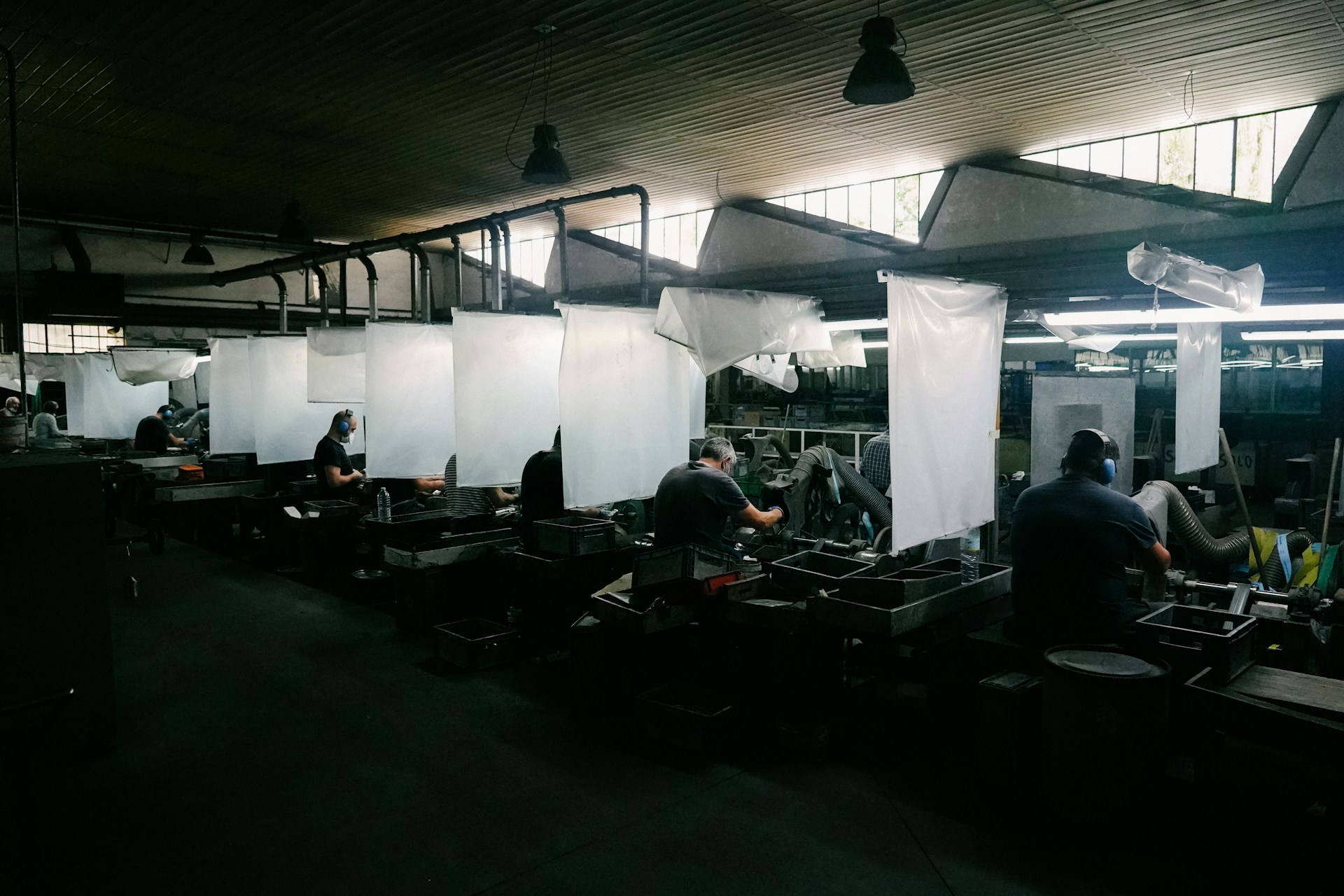The Malta Chamber of Commerce has welcomed the recently launched Labour Migration Policy and described it as a significant step forward in addressing Malta’s workforce challenges.
The policy includes several recommendations that align with The Malta Chamber’s vision for sustainable economic development.
Commenting on the policy, The Chamber highlighted that for it to be effective, the labour market must be strengthened through a reduction in public sector employment, more incentives for upskilling and reskilling, and more support for investment in digitalisation to improve productivity.
Furthermore, it added that all policies must be aligned and fully integrated into the Malta Vision 2050, to ensure a holistic and long-term strategy for the nation’s workforce and sustainable economic growth.
While The Malta Chamber agreed with many aspects of the policy, it noted that there are certain recommendations that require clarification and adjustment to ensure their effective implementation. These are:
Minimum termination rates per firm
The policy states that businesses that register significant termination rates over the period of 12 months could be barred from applying to hire new Third Country Nationals (TCNs). This will not apply to micro firms, meaning companies employing fewer than ten people.
For firms with 10 to 50 employees, any termination rate exceeding 50 per cent of their workforce will result in the failure of the labour market needs test, leading to the rejection of new applications for TCNs. Meanwhile, medium-sized firms (51-249 employees) will have a maximum allowable termination rate of 35 per cent, while large firms (250 + employees) will be capped at 40 per cent.
Commenting on this specific measure, the Malta Chamber remarked that the concept of minimum termination rates per firm requires more clarity regarding the determination of employer workforce size.
The orgnisation pointed out that it is not clear how termination rates will be calculated in the case of companies operating under a group structure.
“Another example that requires further clarity is with respect to termination during the probationary period as well as terminations prior to the expiry of a fixed term contract, whether it is a termination by the employer or a resignation by an employee,” the Malta Chamber continued.
Furthermore, it added that the seasonality experienced by certain sectors must also be taken into consideration and that a one-size fits all approach is not possible.
“One must also carefully identify those other sectors and specialisations which, like healthcare (as duly mentioned in the policy), constantly experience significant and persistent shortages – these need to be pulled out of the one-size fits all approach,” the organisation added.
Eligibility for additional TCNs based on workforce percentage
The policy indicates that employers’ eligibility to apply for additional Third Country Nationals (TCNs) should be determined by a fixed percentage of their workforce. The Malta Chamber seeks clarification on whether this workforce size includes only direct employees or if it also encompasses subcontracted workers through temping or outsourcing agencies.
Furthermore, it is understood that temping agencies and outsourcing agencies will be subject to the same criteria applicable to all the companies which do not fall under any special category or exemption.
More details on how this criterion will be applied specifically to temping agencies and outsourcing agencies are required, it reiterated.
Seasonal work permits
The Malta Chamber suggests introducing seasonal work permits with multi-season renewal options. This would be beneficial to both companies and employees. Companies would benefit because recruitment overheads would decrease whereas employees would benefit from employment security and longer-term employment.
Prioritising Maltese and EU nationals
While The Malta Chamber supports the recommendation that employers prioritise hiring Maltese and EU nationals before considering TCNs, “one must also acknowledge that, as already highlighted above, certain industries face persistent shortages of local and EU workers.”
The Malta Chamber recommends revisiting the proposed bands to address this reality.
“While a specific threshold or target is necessary to ensure fairness and balance, the approach must remain flexible enough to account for industry-specific challenges and workforce availability,” it remarked.
Study to determine market wage rates
The lobby group emphasised that transparency is important when conducting a study to determine wage rates. The results of such studies, along with the methodologies used, should be made public to guide market operators effectively.
Additionally, The Malta Chamber suggested assessing wage adequacy with respect to the output expected, as well as identifying, analysing and address other externalities which eat away at the employees’ take-home pay, such as the high rental prices, regardless of the type of occupation.
Authorities establish tailored MOUs with other countries
The Malta Chamber supports the establishment of Memoranda of Understanding (MOUs) with other countries to facilitate labour migration.
It expressed its belief that this initiative should benefit those companies that operate ethically and have a proven track record of doing so – this should also be applicable to recruitment, temping and outsourcing agencies.
Exploitative practices in this sector are the result of years of lack of inadequate regulation regulating outsourcing and temping. Professional private recruiters have consistently highlighted the need for regulation and have been proactive in sourcing top talent ethically.
“Temping and outsourcing agencies have only started being regulated very recently, after repeated requests by The Malta Chamber to address the issue,” the Malta Chamber noted.
In its final remarks, The Malta Chamber commented that the success of the Labour Migration Policy depends on three crucial components: Transparency in recruitment and data, along with efficiency and enforcement.
“Without these measures, and unless it is integrated into Malta Vision 2050, the policy will not achieve its full potential,” the Malta Chamber remarked.
It insists that any abusive behaviour from both employers and employees should be addressed and brought to justice without any delay. Furthermore, it expressed its commitment to working with Government and all stakeholders to ensure that the Labour Migration Policy achieves its objectives, supporting a sustainable and inclusive economic future for Malta.
Malta signs agreement to ‘understand and promote’ offshore oil potential
'Malta’s favourable geology and strategic location offer an exciting opportunity'
Narendra Modi tweets in Maltese to welcome EU-India free trade deal
The landmark deal will result in the free trade of several goods between the EU and India
Planning for tomorrow: Why family businesses can’t afford to wait
A practical conversation about continuity, governance, and the future of Malta’s family businesses






